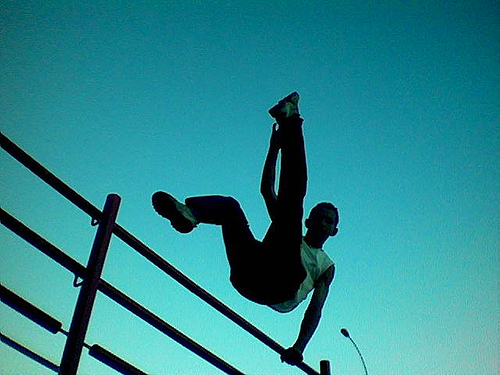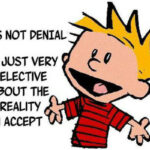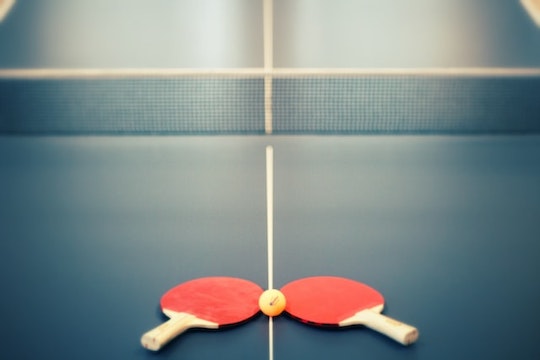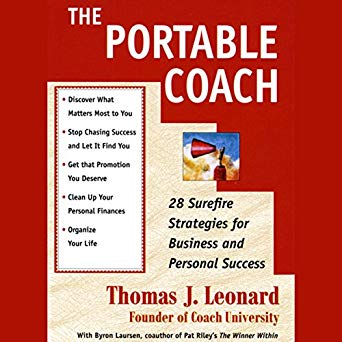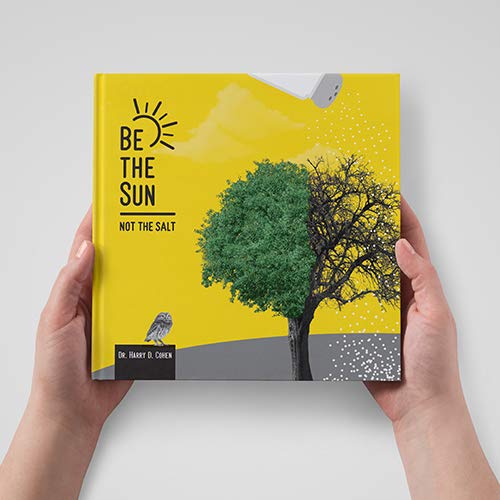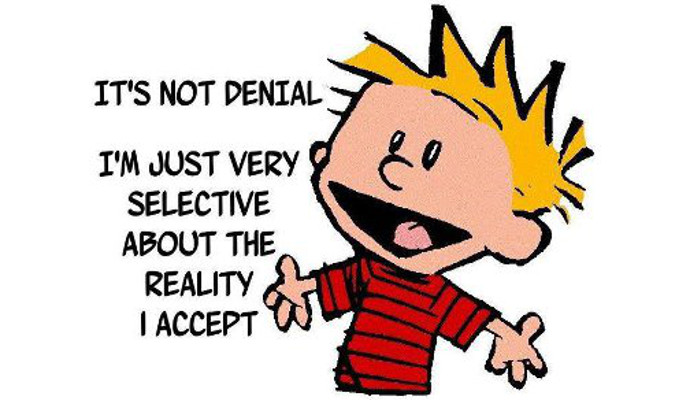“The reinvention of daily life means marching off the edge of our maps.”
—Bob Black, American Activist

Image from Unsplash by Abyan Athif
If you happen to be a passionate advocate for your personal growth and development, you’ve probably heard of Tony Robbins.
Since the late 70s, he has impacted millions of people through his seminars, self-help books, and infomercials. He and his numerous companies earn about $6 billion in annual sales.
I recently watched his “I am Not Your Guru” documentary, which highlights his 6-day “Date with Destiny” event, in which 2,500 participants invested about $5,000 each in their own reinvention efforts toward a happier, more fulfilling life.
Fundamental to each participant’s quest was the generation of breakthrough thoughts and actions well beyond the personal maps and mental models that limit all of us.
In my opinion, he delivered on his promise and earned every penny.
EXERCISE:
Where and in what ways it is time to leave your own predictable life and venture off the maps that seem to limit your horizons?
What specific changes can you implement immediately to shift your thinking, modify a habit, or alter a daily routine to begin this reinvention process today?

